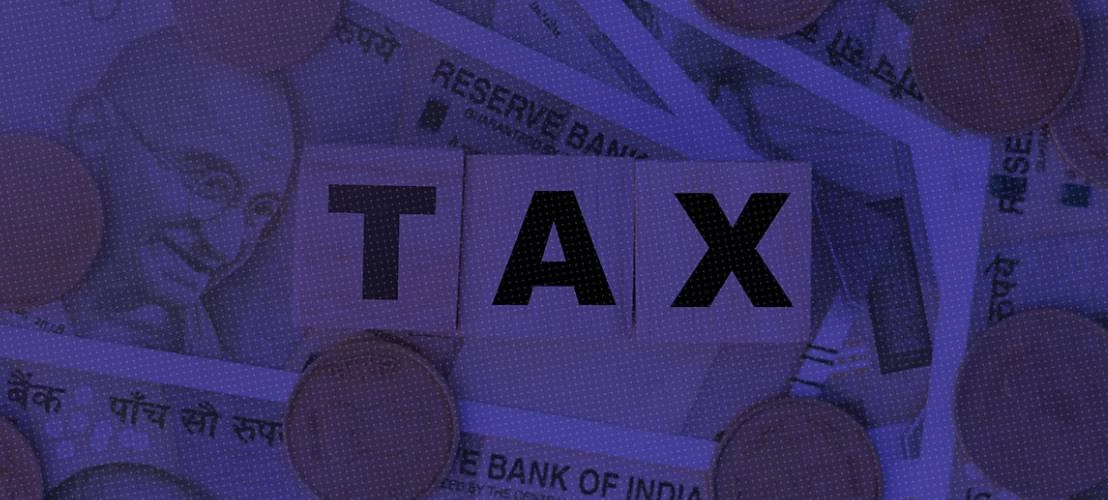The Larger Bench of the Supreme Court of India has propounded a four-fold test for determining when the subject matter of a dispute in an arbitration agreement is not arbitrable. According to the Court, the subject matter is not arbitrable when,
- the dispute relates to actions in rem, that do not pertain to subordinate rights in personam that arise from rights in rem;
- the dispute affects third party rights; have erga omnes effect; require centralized adjudication, and mutual adjudication would not be appropriate and enforceable;
- the dispute relates to inalienable sovereign and public interest functions of the State and hence mutual adjudication would be unenforceable; and
- the dispute is expressly or by necessary implication non-arbitrable as per mandatory statute(s).
The Apex Court however noted that these tests are not watertight compartments; they dovetail and overlap, and have to be applied with care and caution.
The Court in this case Vidya Drolia and Others v. Durga Trading Corporation [decision dated 14 December 2020] overruled the Supreme Court’s decision in the case of N. Radhakrishnan v. Maestro Engineers and Others [(2010) 1 SCC 72] which had held that allegations of fraud can be made a subject matter of arbitration when they relate to a civil dispute. Similarly, the full-bench decision of the Delhi High Court in the case of HDFC Bank Ltd. v. Satpal Singh Bakshi [2013 (134) DRJ 566 (FB)], holding that claims under DRT Act are arbitrable, was overruled.
In this interesting case on arbitrability of tenant-landlord disputes, the Larger Bench of the Supreme Court held that landlord-tenant disputes governed by the Transfer of Property Act are arbitrable as they are not actions in rem but pertain to subordinate rights in personam that arise from rights in rem.
It, however, stated that landlord-tenant disputes covered and governed by rent control legislation are not arbitrable when specific court or forum has been given exclusive jurisdiction to apply and decide special rights and obligations.
Who decides on non-arbitrability
Regarding the issue of as to who decide on non-arbitrability – Court or arbitral tribunal, the Supreme Court held that that the arbitral tribunal is the preferred first authority to determine and decide all questions of non-arbitrability. It held that the court may interfere at the Section 8 or 11 stage, rarely, when it is manifestly and ex facie certain that the arbitration agreement is non-existent, invalid or the disputes are non-arbitrable.
The Apex Court was of the view that the Court by default would refer the matter when contentions relating to non-arbitrability are plainly arguable; when consideration in summary proceedings would be insufficient and inconclusive; when facts are contested; when the party opposing arbitration adopts delaying tactics or impairs conduct of arbitration proceedings.
It was also held that the ratio of the decision in Patel Engineering Ltd. [(2005) 8 SCC 618] on the scope of judicial review by the court while deciding an application under Sections 8 or 11 of the Arbitration Act, post the amendments by Act 3 of 2016 (with retrospective effect from 23 October 2015) and even post the amendments vide Act 33 of 2019 (with effect from 9 August 2019), is no longer applicable.







